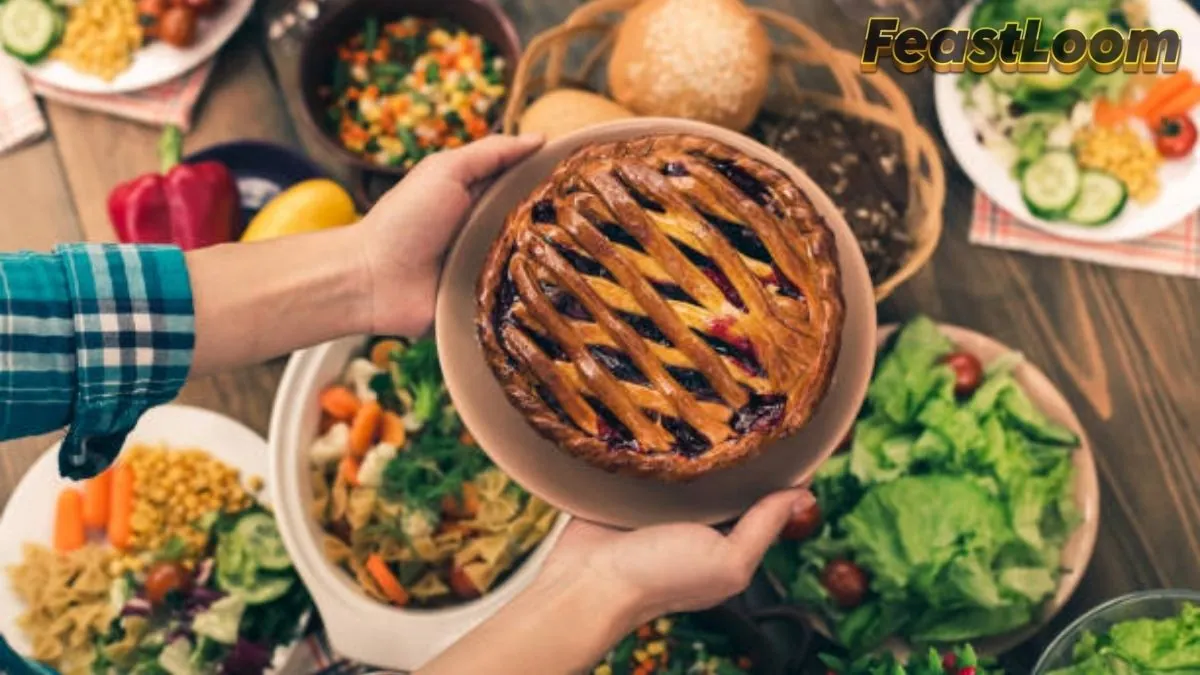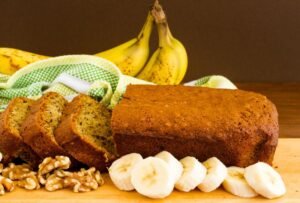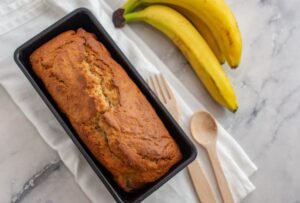Is banana bread an example of sustainable comfort food?

Is banana bread an example of sustainable comfort food?
Introduction
With the threat of climate change becoming globally acknowledged, the concept of sustainable living has extended beyond just recycling and energy-saving lightbulbs. The food we eat, and the way we produce it, plays a significant role in our collective carbon footprint. Among the many facets of sustainable living, eating habits have taken center stage. Here, we delve into a favorite treat, banana bread, and investigate its role as sustainable comfort food.
What is Sustainable Comfort Food?
Sustainable comfort food combines two concepts: sustainability and comfort. Sustainable food refers to production methods that are environmentally friendly and ethically responsible, causing minimal harm to our planet. Comfort food, on the other hand, refers to meals that provide emotional satisfaction and a sense of well-being, often reminding us of home and family.
Thus, sustainable comfort food involves dishes that not only satisfy our palates but also our conscience. They promote a healthy planet and a sense of emotional satisfaction. But does banana bread fit this category?
Understanding Banana Bread
Banana bread is a traditional baked good widely loved for its moist, sweet taste and banana flavor. Furthermore, it’s an excellent use for overripe bananas that could otherwise go to waste, reducing food waste.Reducing food waste is a critical component of sustainable eating, and banana bread seems to fit the bill.
Is Banana Bread Sustainable?
The sustainability of banana bread depends significantly on how it is made. Here are factors worth considering:
- Utilizing Overripe Bananas: Making banana bread can combat food waste. Many times, overripe bananas are discarded because of their mushy texture and brown spots. However, these bananas are perfect for banana bread, giving it a sweet flavor and moist texture.
- Organic Bananas: Opting for organic bananas can increase the sustainability aspect. Organic farming reduces the use of pesticides and chemicals, promoting healthier soil and biodiversity.
- Local Ingredients: Using locally sourced ingredients – such as flour, eggs, and sugar – reduces the carbon footprint associated with transporting these items long distances.
- Energy Consumption: However, baking requires energy. To improve sustainability, you could bake multiple loaves at once or alongside other dishes and use energy-efficient appliances.
- Packaging: If you’re buying banana bread, consider the packaging. Materials such as plastic are not sustainable options. On the other hand, banana bread wrapped in paper or sold package-free is more eco-friendly.
How to Make Your Banana Bread More Sustainable
Here are some tips to make your banana bread more eco-friendly:
- Use Organic and Fair-Trade Bananas: This ensures the bananas are grown without harmful pesticides and farmers receive fair payment.
- Replace Eggs with Chia or Flaxseeds: This makes your recipe vegan-friendly, as livestock farming has a significant environmental impact.
- Opt for Sustainable Sweeteners: Use local honey, organic coconut sugar, or agave nectar instead of white sugar.
- Use Whole Wheat or Gluten-Free Flour: Whole grains are more sustainable as they require less processing. Additionally, many gluten-free flours use alternative, more sustainable crops.
Conclusion
So, is banana bread an example of sustainable comfort food? The answer is, it certainly can be. But it largely depends on the ingredients used and the way it is prepared. With a bit of effort, we can turn our delicious banana bread into a testament of sustainable living. Let this be a reminder that every little bit counts in our journey towards environmental preservation.

Learn More
Conclusion
Banana bread is indeed an example of sustainable comfort food. It utilizes overripe bananas that would usually go to waste, reducing food waste and extending the life of produce. This is in line with the principles of sustainability, which promote the efficient use of resources. In addition to being a responsible choice, banana bread can also be a comforting and nostalgic treat. It is easy to make, versatile and can serve as a delicious snack or breakfast option. Making and consuming banana bread can also be a form of self-care, offering warmth and satisfaction. While it does not resolve the problem of sustainability in its entirety, every little step counts. Thus, making small changes like choosing banana bread can contribute to a bigger change towards more sustainable food consumption patterns. Overall, banana bread is a simple, affordable, and sustainable comfort food that can be enjoyed by everyone.
FAQ
1. How is banana bread sustainable?
Banana bread is considered sustainable because it uses overripe bananas that would otherwise be wasted, helping to reduce food waste.
2. How can banana bread be a comfort food?
Banana bread can be a comfort food because it is warm, flavorful and often reminds people of home or childhood.
3. What makes a food sustainable?
A food is considered sustainable if its production, purchase, and consumption respect and helps maintain natural resources without causing undue environmental harm.
4. Can any type of bread be sustainable?
Yes, using ingredients that are organic, locally sourced and avoiding food waste can make any type of bread sustainable.
5. What other sustainable comfort foods can I make?
Others include vegetable casseroles, lentil soups, and meals made from leftover food.
6. Why is it essential to choose sustainable food?
Choosing sustainable food helps to preserve environmental resources, foster economic fairness, and promotes healthier eating habits.
7. Can sustainable food also be affordable?
Yes, many sustainable foods like banana bread are cost-effective, especially when made at home.
Is banana bread an example of sustainable comfort food?

When you make purchases through the links available on our site, we may receive an affiliate commission at no additional cost to you.



